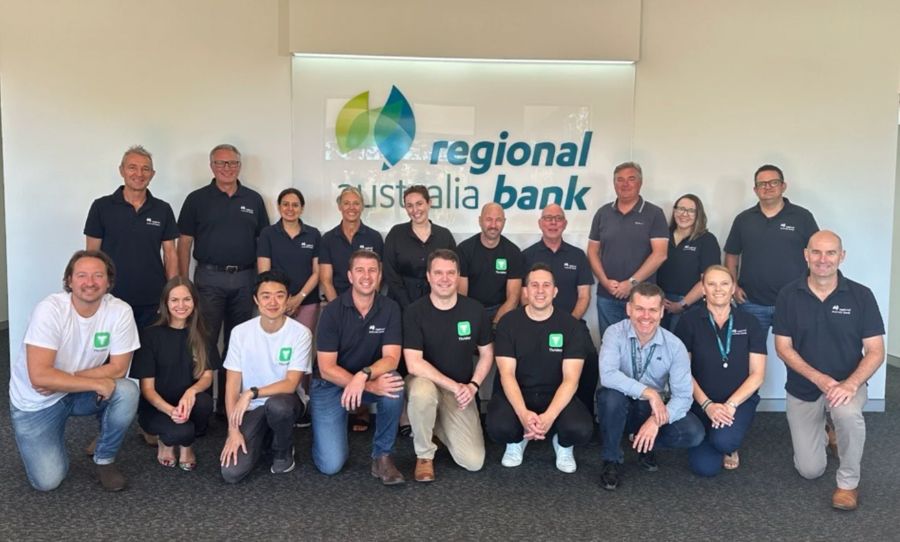With traditional banks crumbling under the weight of their own bureaucracy, neo banks are the saviour we deserve: nimble, tech-savvy, and ready to disrupt the outdated banking industry.
Neo banking is like the cool kid in high school who effortlessly slays traditional banking with their innovative tech and killer style. A digital-only banking service that operates without the need for physical branches, providing customers with an all-digital banking experience.
In January 2020, the idea of neobanks disrupting the banking industry in Australia was exciting, and local VCs were eager to invest in fintech startups. However, three years later, only one of the nine neo banks launched in 2020 is still in operation – Thriday.

The trend of neo banks started in the UK, with the launch of Starling and Monzo, which quickly gained a large following, offering customers coral-coloured debit cards and cult-like status. In Australia, Xinja, 86400, and Volt were among the first neo banks that aimed to shake up the banking industry. They promised a new era of local banking and gained a significant investment and an experienced leadership team. Despite their initial success and high-profile launches, all these neobanks have since failed.
Xinja quickly gained a large customer base and raised over $55 million, but in 2020, it was placed into voluntary administration, and its banking license was revoked. Volt, which had ambitious plans to shake up the mortgage industry, struggled to secure necessary funding and was placed into voluntary administration in 2022 after raising over $212 million over seven investment rounds.
Douugh, once linked with banking-as-a-service provider Volt, continues to operate but no longer has plans to provide banking services. Parpera suffered a similar fate after inking a deal with Volt to use their license to offer banking products. Lesser-known startups like Avenue continue to exist in regulatory limbo, and 86400 was sold to NAB in a fire sale.
Up bank, the poster child of the Australian neobanking scene, was sold to Bendigo Bank, seeking to expand its digital capabilities and increase its customer base, particularly among younger demographics. Of the remaining startups, Alex, Zeller, and Revolut are in the market but do not offer actual bank accounts. Alex has just received its banking license, and Zeller and Revolut continue to operate in a financial services grey zone where client funds are held in opaque third-party accounts that are not protected under the Financial Claims Scheme.

Thriday is the only remaining neobank from the class of 2020. It provides customers with digital-only banking services and operates in partnership with Regional Australia Bank on its newly launched BaaS platform. All bank accounts are backed under the Financial Claims Scheme, providing protection to depositors of up to $250,000 per account holder. With Thriday, businesses can open a bank account and Visa Debit card, and all income and expense data are analyzed in real-time.
In conclusion, the once-promising neobanking scene in Australia has petered out, with only one neobank still in operation. The reasons for their failure vary, but it is clear that launching a successful neobank in Australia is not an easy feat. Despite the hype surrounding neobanks, customers still prefer the convenience of traditional banks, and the regulatory landscape makes it challenging for new players to enter the market. Thriday’s success shows that neobanks can succeed in Australia, but only if they partner with established banks to provide protection to customers and navigate the complex regulatory environment.
Thriday is revolutionizing the way businesses handle their finances with a groundbreaking AI-powered product. By seamlessly automating banking, accounting, and tax processes for small-to-medium businesses, Thriday acts as a savvy CFO in your pocket, attending to all of your financial needs.



